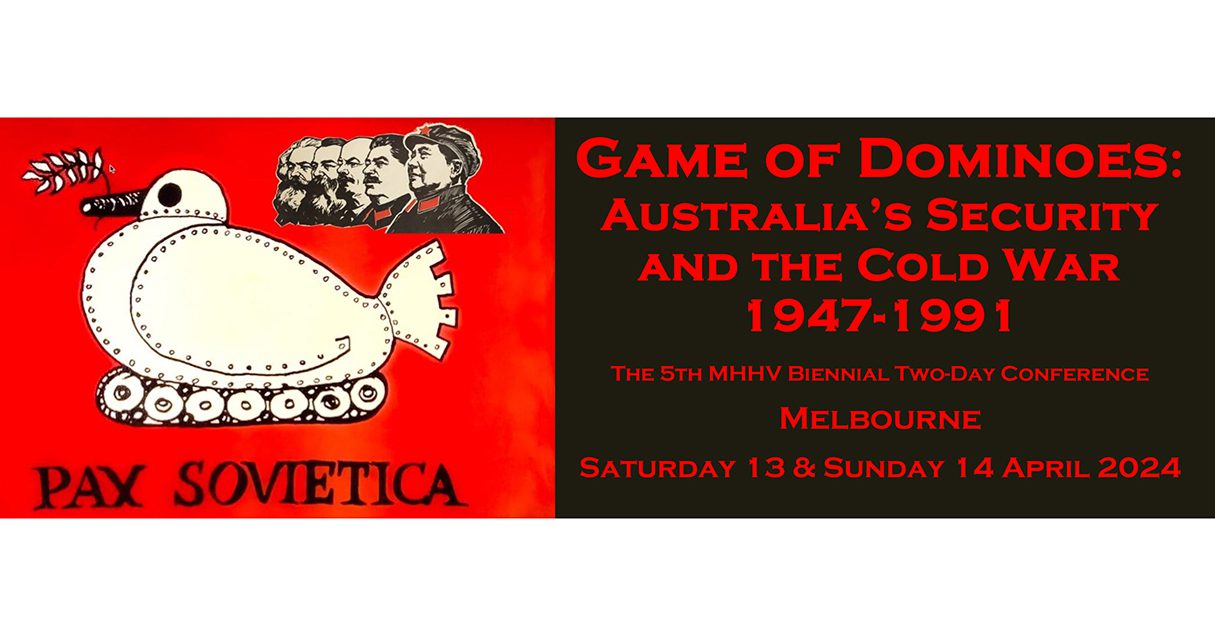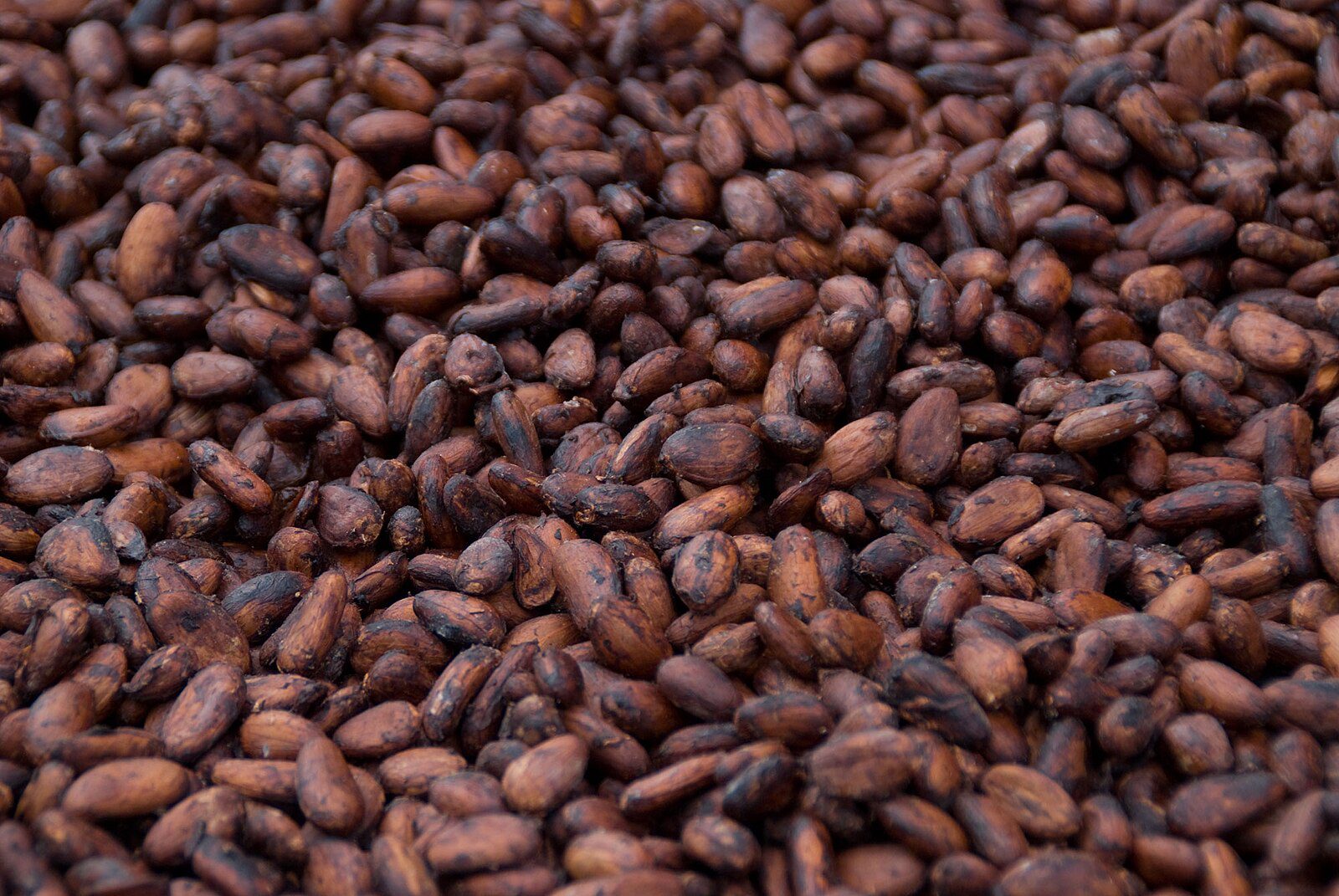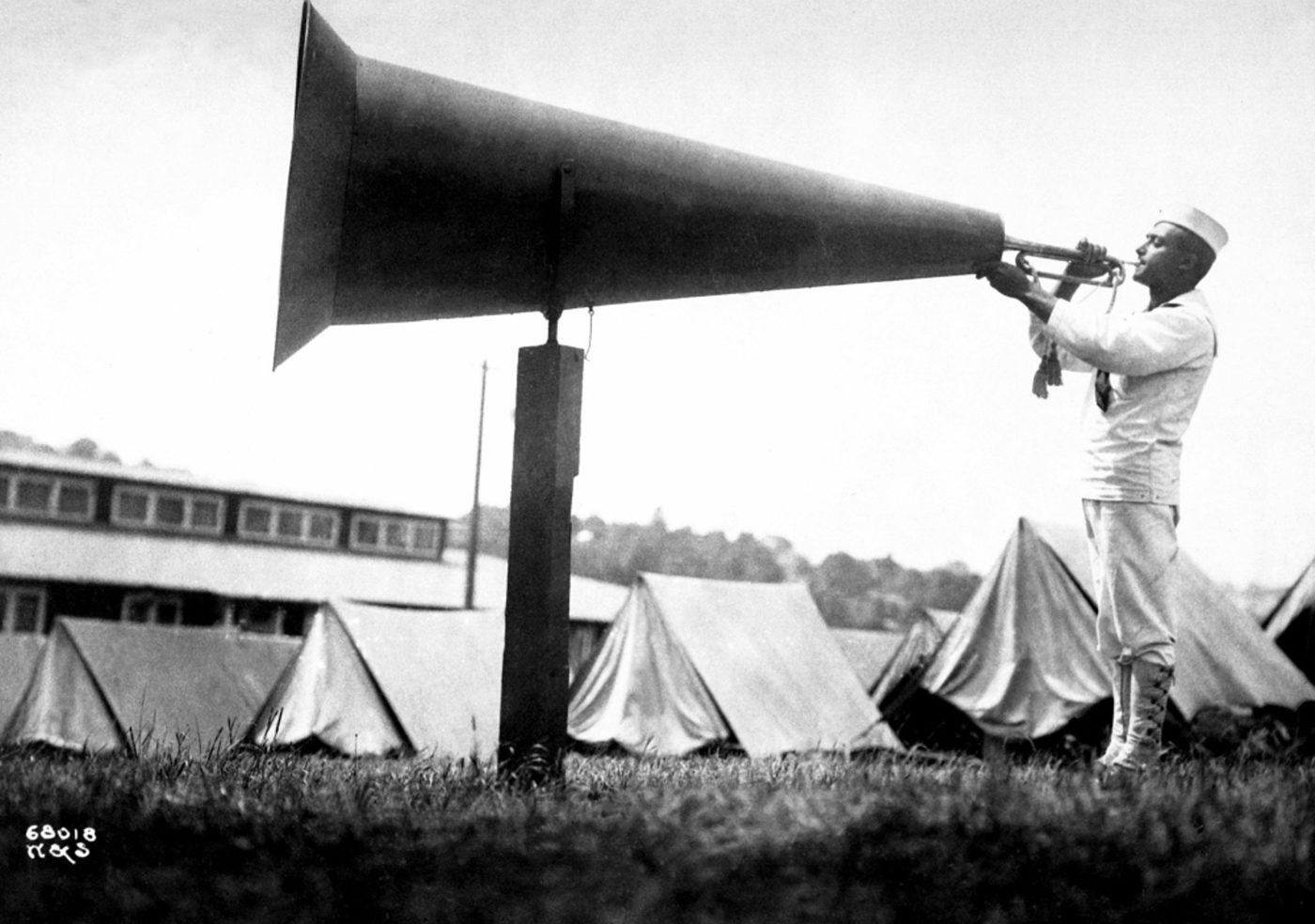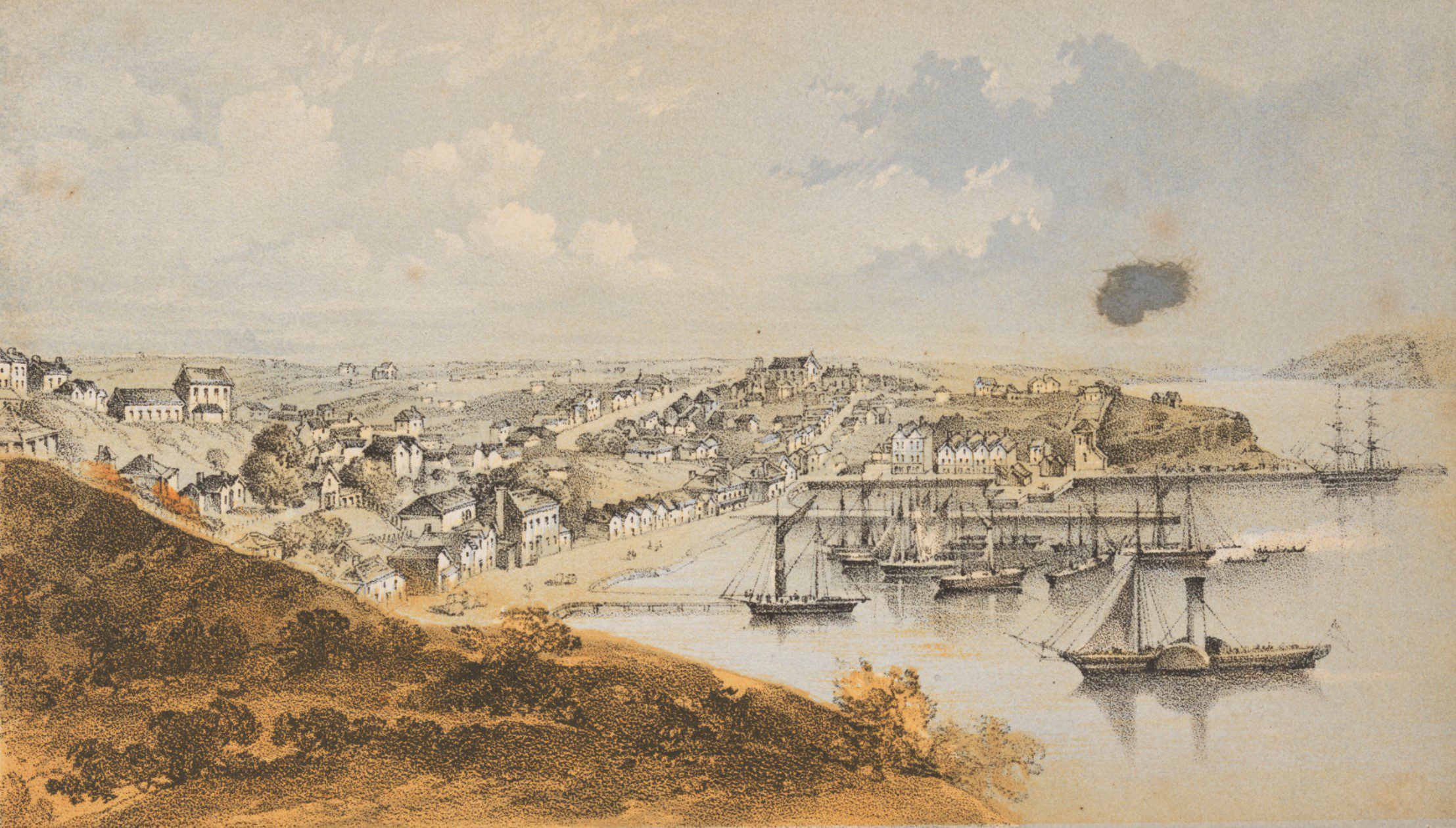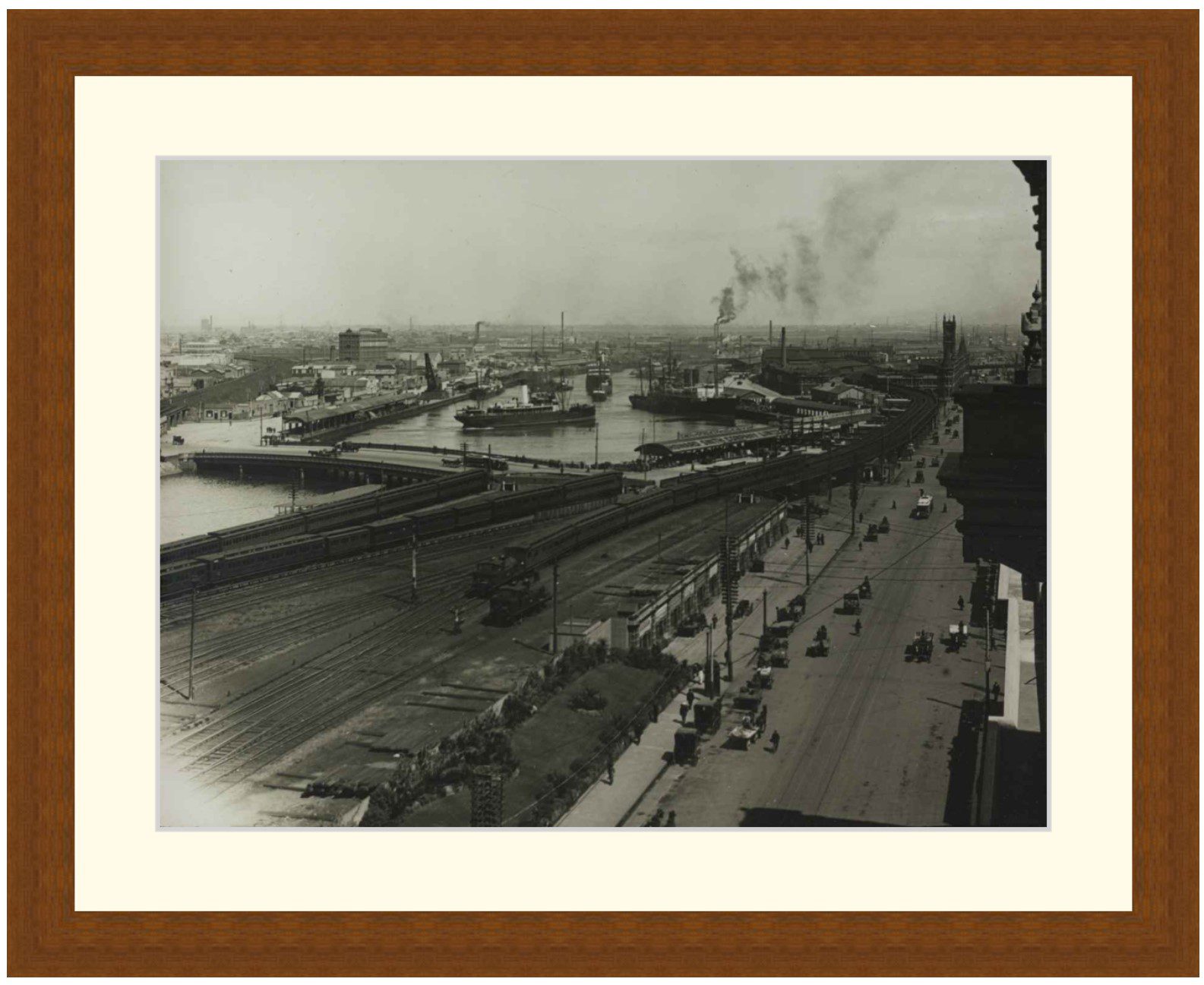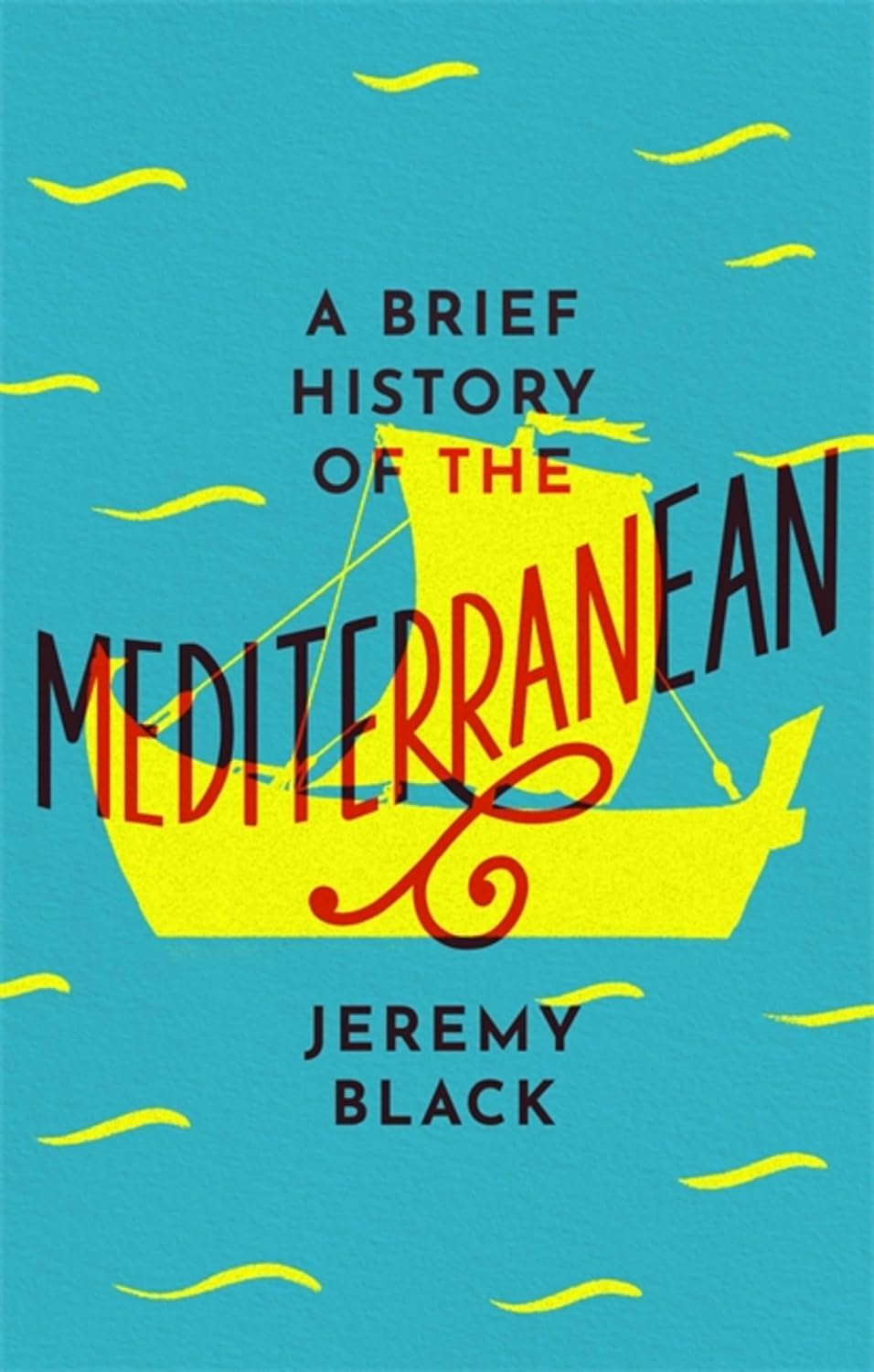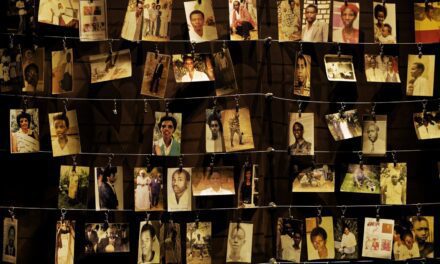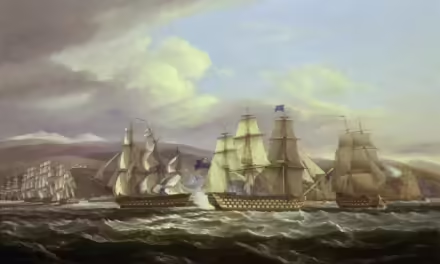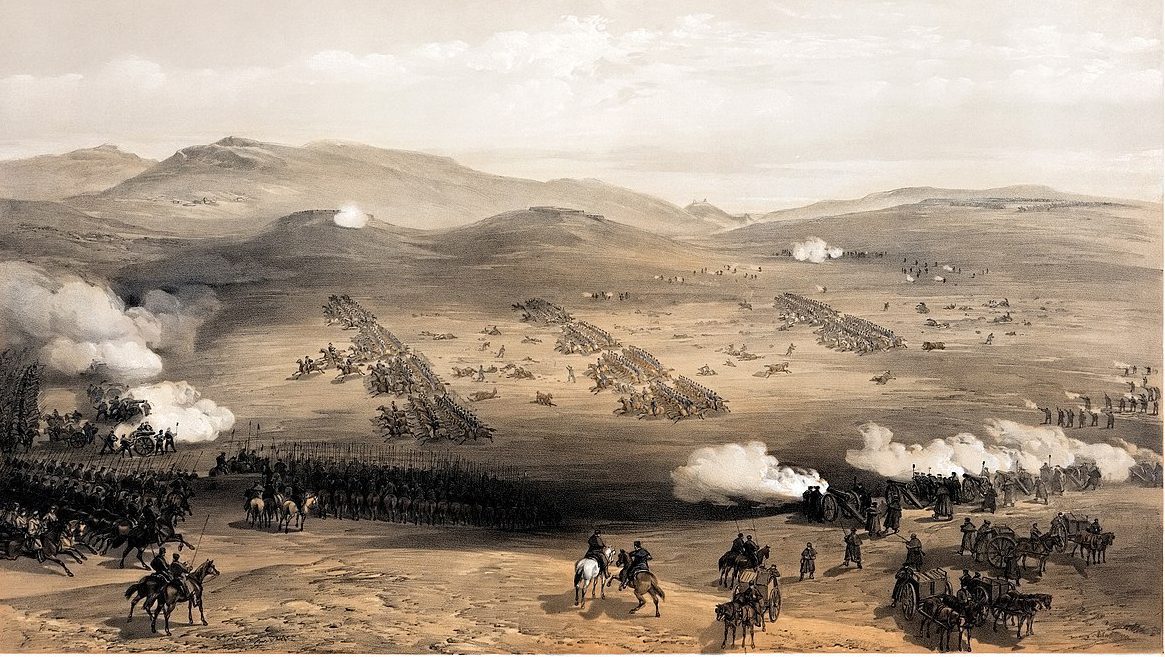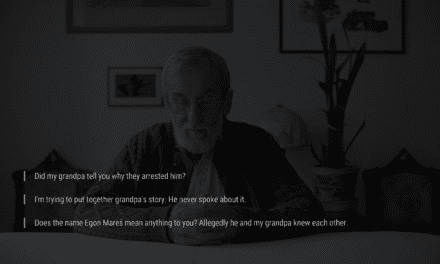Two-Day Conference – 13th & 14th APRIL 2024 – Melbourne
This conference, organised by Military History & Heritage Victoria and supported by History Guild will examine the Cold War period (1947-1991), its impact on Australia’s defence and security posture and Australia’s contribution to the Western alliance during this time. Australia’s involvement in Asia in particular, arising from its part in the ANZUS treaty of 1951 and in SEATO from 1954 will be examined – its role in the Malayan Emergency, the Korean War, konfrontasi and the Vietnam War all within the context of potential nuclear war.
Australia’s Army, Navy, and Air Force were all engaged in this struggle, partly against the Soviet Union but mostly against revolutionary movements in Asia supported by Communist China. Australia’s counter-intelligence operations within Australia will also be examined.
What was Australia’s security position in 1947 and how did this lead to ANZUS? How did domestic politics play out in the larger anti-communist context? What drove the establishment of SEATO? Why did Australia join the UN forces in Korea? What was the Far Eastern Strategic Reserve? What were the priorities for a non-nuclear army training under a nuclear threat? How did Australia’s signals intelligence contribute? How successful was ASIO in combatting the NKVD/KGB in Australia? Why did Menzies establish ASIS in 1952? How did Army, Air Force and Navy respond to the new paradigms? Was Australia’s involvement in the Vietnam War important and what were the outcomes? Was the Peace Movement a communist front? How did the Soviet-CCP split affect Australia’s security? Did nuclear tests in Australia strengthen Australian defence? Did the fall of the Berlin Wall change Australia’s security posture? Has the Cold War really ended?
Chaired by Professor Craig Stockings, UNSW and Official Historian, of Australian Operations in Iraq and Afghanistan, and Australian Peacekeeping Operations in East Timor and with a Key Note delivered by Professor Peter Edwards, AM Official Historian and general editor: The Official History of Australia’s Involvement in Southeast Asian Conflicts 1948–1975.
A diverse range of speakers from Australia and overseas will cover topics ranging from what led to the surprise that was the invasion of South Korea, to Australian deployment of Air Power in Asia, to ASIO and Cold War counter espionage and much more.
The knowledgeable and engaging speakers have a huge range of experiences and include Gary McKay MC OAM, author of In Good Company, probably Australia’s best military memoir as well as many other prominent authors and experts.
The full conference program is here.
Articles you may also like
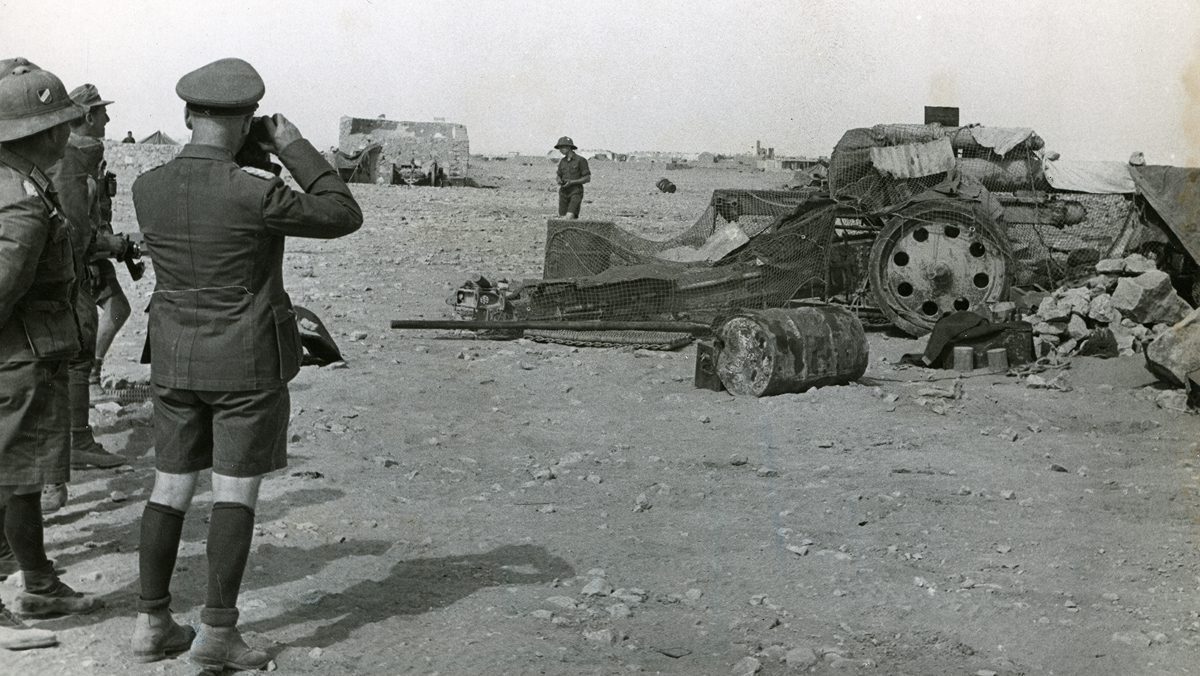
The Benghazi Handicap and the Siege of Tobruk
The Benghazi handicap is the name Australian soldiers gave to their race to stay ahead of the German Afrika Korps in Libya, 1941. They won the race, but the reward was just to be besieged in the city of Tobruk for 241 days, the longest siege in British military history. In this article, we use the words of veterans themselves to describe these events, and how the Rats of Tobruk experienced the siege.
The text of this article was commissioned by History Guild as part of our work to improve historical literacy. If you would like to reproduce it please get in touch via this form.

